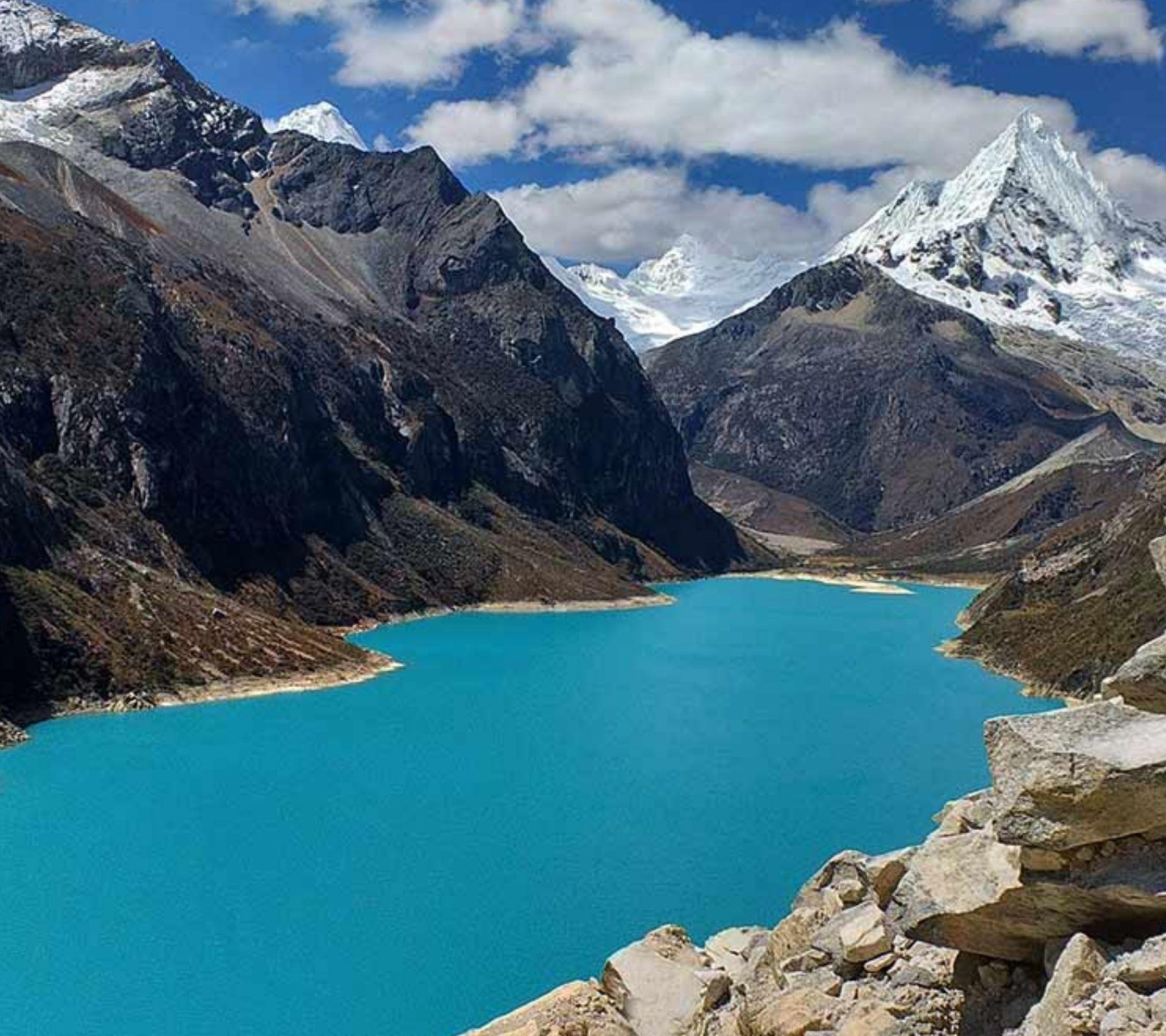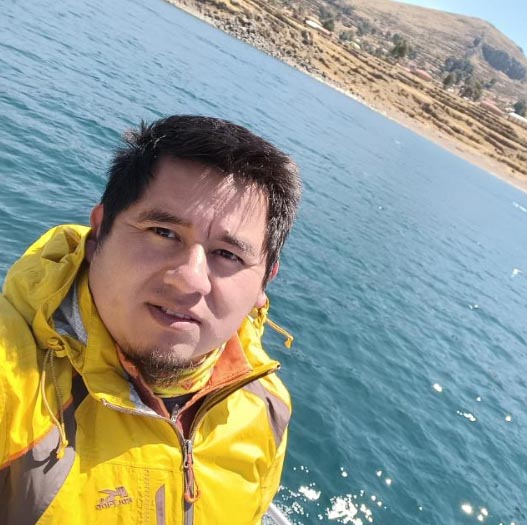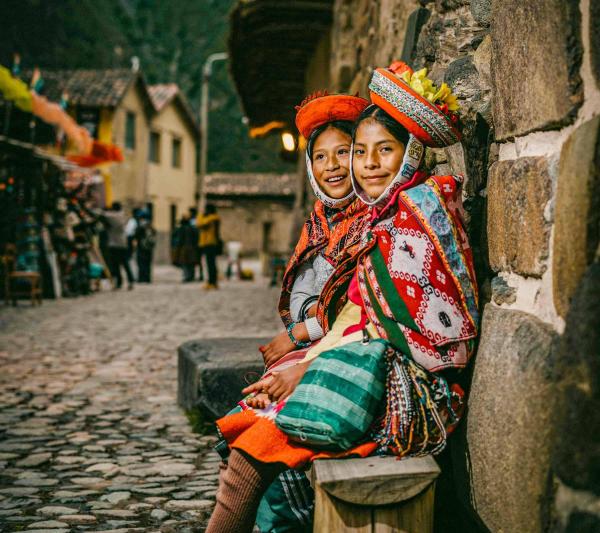Altitude sickness, or soroche, as it is also known in the Andes, is an illness caused by a lack of oxygen in the body. As we climb higher, atmospheric pressure decreases, which is why we feel short of breath.
It occurs when we suddenly ascend to altitudes above 2,400 meters above sea level, such as when traveling from Lima (161 meters above sea level) to Cusco (3,399 meters above sea level) by plane.
Huaraz's Altitude
Huaraz is the capital city of the Ancash department, located at 3,100 meters above sea level in the Santa River valley.
Due to the city's altitude, most tourists may experience symptoms of altitude sickness.
Therefore, it is important to recognize the symptoms and take appropriate precautions.
Symptoms of Altitude Sickness
Altitude sickness is very easy to recognize by its symptoms. As less oxygen reaches the body, it causes:
- Headache: The lack of oxygen increases capillary pressure and swelling of the head, causing pain.
- This symptom occurs in 80% of cases of people who suddenly ascend above 3,000 m in altitude.
- Dizziness and Nausea: It is normal to feel some pressure in the head, causing dizziness and mild nausea.
- General Fatigue: The lack of oxygen causes a feeling of fatigue that should be addressed by resting and slowing down. The recommendation is to walk slowly, not run or fidget.
Swelling of the hands and feet: This is one of the most common symptoms and the first to disappear once the body acclimates to the altitude.
In general, altitude sickness feels like a hangover without having consumed alcohol. Exhaustion can make you feel generally unwell, like having the flu.
However, there are other more serious symptoms such as:
- Retinal bleeding
- Shortness of breath
- Chest tightness
- Grayish or blue skin
- Breathing problems
In these cases, it is important to seek medical help immediately because it could lead to pulmonary edema (water in the lungs) or cerebral edema (water on the brain).
Another immediate solution is to descend to increase the amount of oxygen available and reduce altitude-related symptoms. Reducing pressure on the nervous system can relieve discomfort, but it is still important to see a doctor.
How to prevent altitude sickness or soroche?
It is believed that altitude sickness does not affect people who are fit, but this is a myth. Other factors such as age, ascending too quickly, engaging in physical activity without being acclimatized, poor sleep, overeating, or insufficient hydration also take their toll.
Some tips to prevent altitude sickness are:
- Progressive ascent reduces the chances of suffering from altitude sickness.
- Take a special pill for soroche, or altitude sickness. In Peru, there are options like Sorojchipills that can be taken to prevent symptoms.
- Chew coca leaves or drink them in tea: it's important not to swallow the coca leaves! Just chew and swallow the saliva. You can also drink coca tea.
- Maintain a balanced, low-salt, and very light diet so your body can better process the altitude.
- Drink plenty of water before and during the trip to prepare your body.
How to acclimatize to high altitudes?
If you experience altitude sickness symptoms, the golden rule is to rest on the first day of your trip, drink plenty of water, and slow down everything. This is very important because your body is receiving less oxygen in your blood, and strenuous activity can affect you.
That doesn't mean altitude sickness will ruin your trip; you just need to slow down a bit. For example, walking slower than usual, avoiding running, or waiting until you're fully acclimatized to do demanding physical activities.
You should also take extra care during the trip. Overindulging, such as alcohol, should be reserved for when your body is fully adapted, because dehydration is your worst enemy at altitude. Eating light and drinking plenty of water is key.
One of the common pieces of advice travelers give is that the higher you are, the longer it takes for your brain to send bodily signals. Therefore, you should drink water before you feel thirsty, eat light before you feel hungry, and rest enough to avoid overexerting yourself.
Treat your body with consideration and you'll avoid discomfort.






